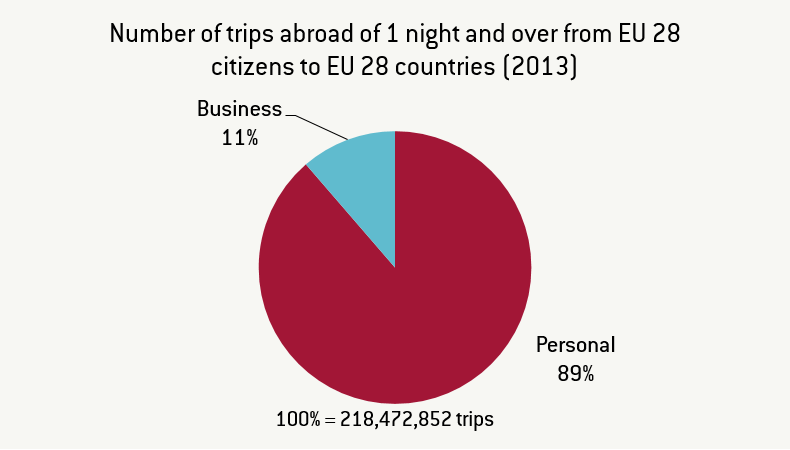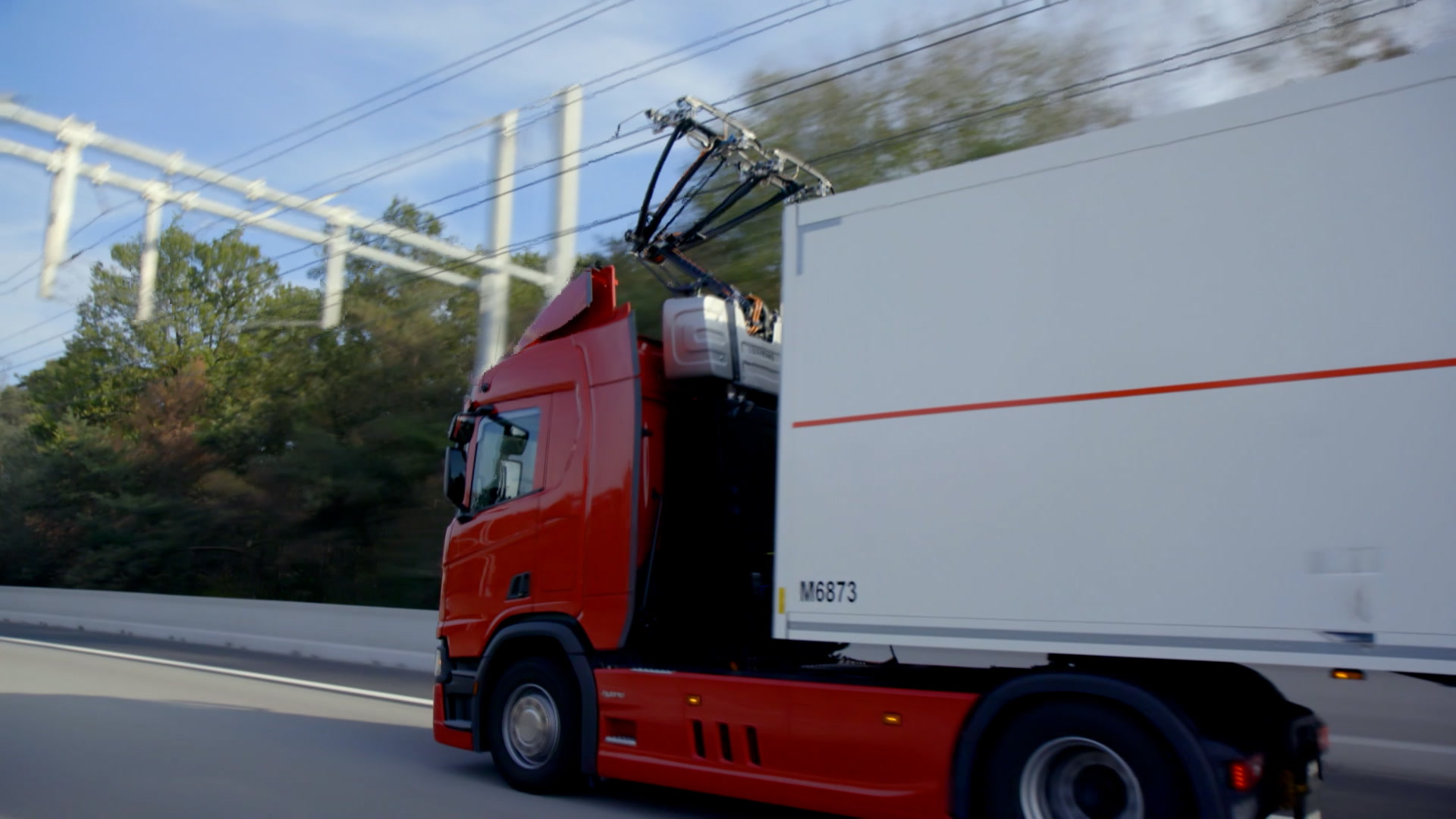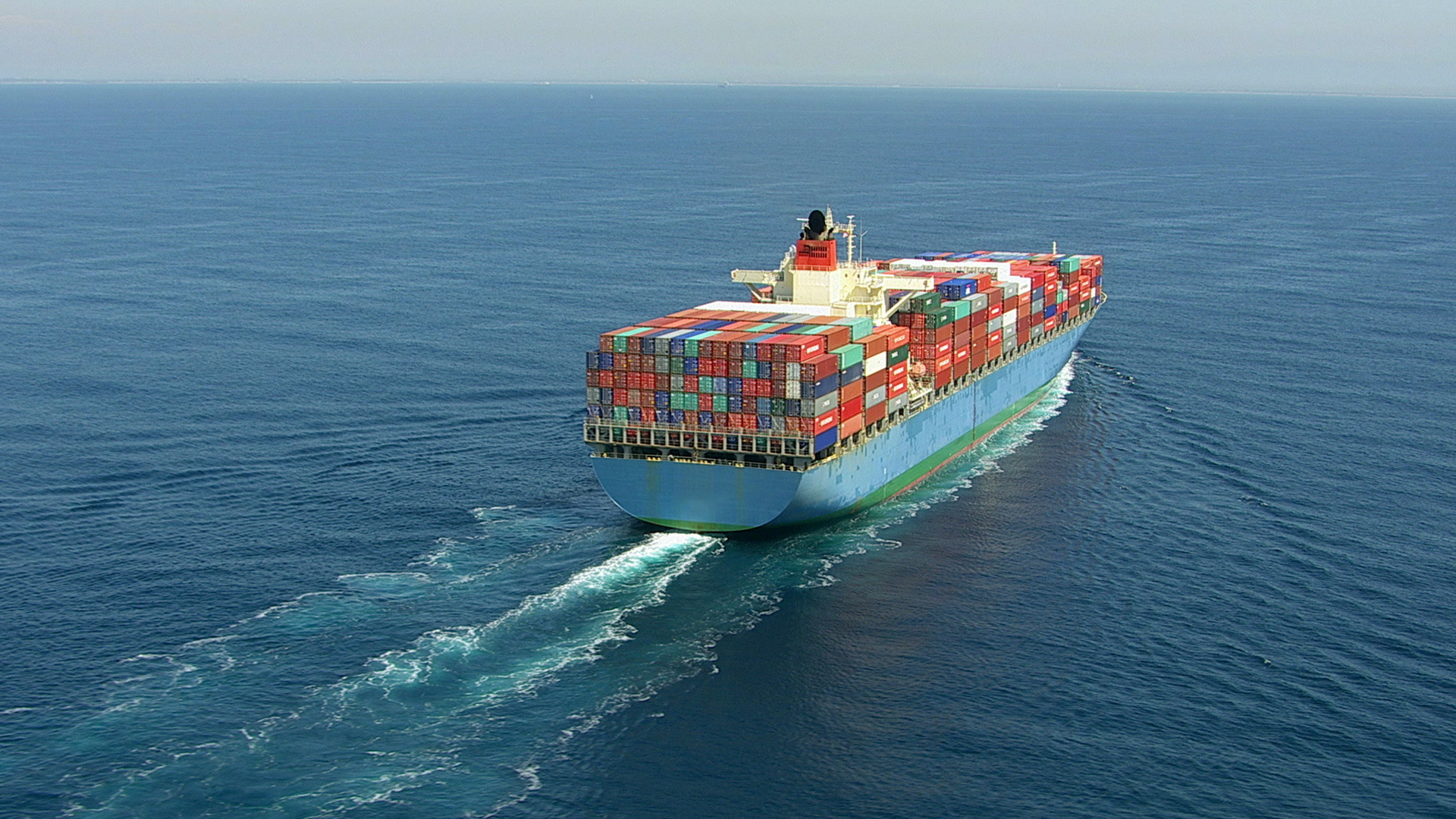Where are Europe’s cross-border commuters?


Get involved with our crowdsourced digital platform to deliver impact at scale
Stay up to date:
Supply Chain and Transport
This article was originally published by Bruegel, the Brussels-based think tank. Read the article on their website here.
Many workers rely on the Schengen agreement that allows them to cross the border without any ID controls. Almost 1.7 million residents from Schengen countries crossed the border to go to work in 2014. As can be seen in the chart below, 0.93% of the employed citizens living in Schengen countries work across the border. The share of cross-border commuters is particularly high in Slovakia (5.7%), Estonia (3.5%), Hungary (2.4%) and Belgium (2.3%).
The Schengen agreement’s relevance stretches beyond cross-border commuting to work. In 2013, EU-28 citizens made over 218 million trips of one night and over to other EU-28 countries, almost 25 million (11%) of those were for business purposes.
Source: Eurostat
Overall, the numbers show that many people benefit from the Schengen agreement – they would notice its abolition in their daily lives. What makes the debate on Schengen so relevant are not the direct macroeconomic implications of its possible abolition, it’s the visible and powerful symbol of European integration that Schengen represents and the potential further consequences in terms of labour mobility.
Publication does not imply endorsement of views by the World Economic Forum.
To keep up with the Agenda subscribe to our weekly newsletter.
Author: Nuria Boot works as a Research Assistant in the area of Competition Policy. Guntram Wolff is the Director of Bruegel.
Image: A businesswoman walks on the esplanade of La Defense, in the financial and business district in La Defense. REUTERS/Gonzalo Fuentes.
Don't miss any update on this topic
Create a free account and access your personalized content collection with our latest publications and analyses.
License and Republishing
World Economic Forum articles may be republished in accordance with the Creative Commons Attribution-NonCommercial-NoDerivatives 4.0 International Public License, and in accordance with our Terms of Use.
The views expressed in this article are those of the author alone and not the World Economic Forum.
The Agenda Weekly
A weekly update of the most important issues driving the global agenda
You can unsubscribe at any time using the link in our emails. For more details, review our privacy policy.
More on Supply Chains and TransportationSee all
Nick Pickens and Julian Kettle
April 22, 2024
Rida Tahir
April 9, 2024
Kimberley Botwright and Spencer Feingold
March 27, 2024
Andrea Willige
March 19, 2024








